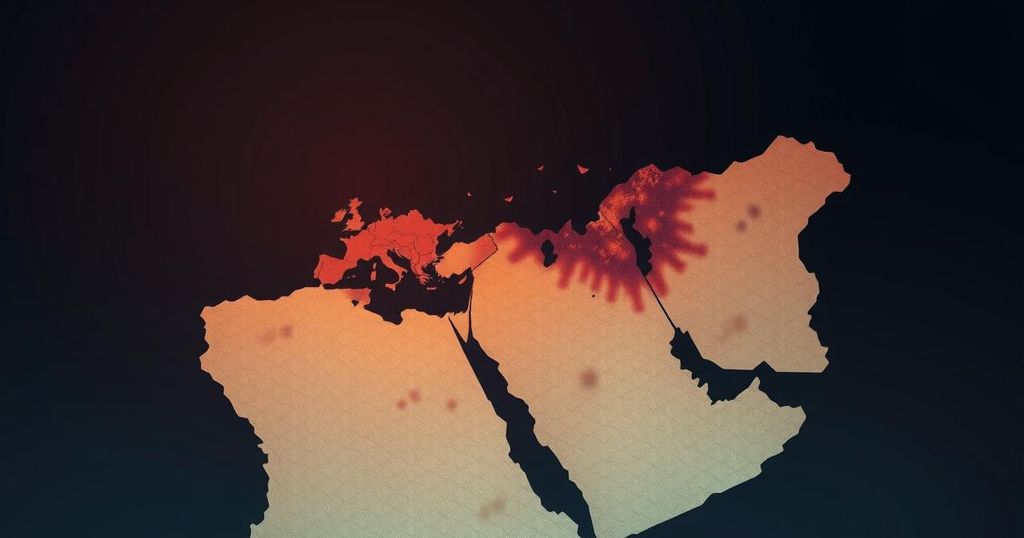Trump’s Proposal for Gaza: A Controversial Takeover Amidst Widespread Outrage
President Trump announced a proposal to take control of Gaza, suggesting the displacement of Palestinians to neighboring countries. His comments faced severe criticism from various political figures and protests erupted outside the White House. The dire state of Gaza was underscored by U.S. Middle East envoy Steve Witkoff, predicting uninhabitability for the next 10-15 years, while Trump defended his plan as a pathway to stability and economic development.
In a recent declaration, U.S. President Donald Trump proposed that the United States should take control of the Gaza Strip, suggesting a potential relocation of Palestinians to neighboring countries. Trump’s comments coincided with a press conference alongside Israeli Prime Minister Benjamin Netanyahu, where he described Gaza as a “symbol of death and destruction” but envisioned it as a future destination for “the world’s people,” likening it to the “Riviera of the Middle East.”
As the President articulated his plans for a long-term takeover of Gaza, it sparked intense backlash from various political figures and groups. Democrats, including Congresswoman Rashida Tlaib, condemned the proposal as ethnic cleansing, while others emphasized the humanitarian implications of such actions. Protests erupted outside the White House, where demonstrators, including anti-Zionist Orthodox Jews, voiced their dissent against Trump’s agenda.
The U.S. Middle East envoy, Steve Witkoff, remarked on the catastrophic state of Gaza, predicting that it would be uninhabitable for the next 10-15 years due to extensive damage. He outlined the challenges of reconstructing the region that has suffered significant destruction, emphasizing the long-term commitment required to rebuild Gaza.
The Saudi government expressed firm opposition to any attempts to displace Palestinians, reaffirming its support for the establishment of a Palestinian state. Hamas also condemned Trump’s remarks, describing the potential relocation of Palestinians as an expulsion. Human rights advocates voiced their concerns, likening the proposed actions to ethnic cleansing, which could violate international law.
Trump maintained that his proposal was a well-considered decision, claiming substantial support from unnamed leaders. He reiterated the alleged benefits of American ownership of Gaza, assuring that such a move would pave the way for economic development and stability in the region. Netanyahu hailed Trump as Israel’s greatest ally, supporting the idea of a new future for Gaza, contrary to existing notions.
The Gaza Strip is a densely populated region with a complicated socio-political landscape, primarily composed of Palestinians. Over the years, Gaza has experienced significant turmoil, including military conflicts and an enduring humanitarian crisis. President Trump’s proposal to take ownership of Gaza is both unprecedented and controversial, igniting robust discussions about Palestinian rights and international law, as well as the geopolitical implications of such a move. The debate extends to international relations, particularly how this stance could affect U.S. relations with Arab nations and existing Palestinian governance structures.
In conclusion, President Trump’s assertion to take ownership of Gaza has elicited widespread criticism from political leaders and advocates alike. The proposal raises urgent concerns about humanitarian implications and legality under international law, reflecting the complexities of the Israeli-Palestinian conflict. As protests continue and discourse evolves, the administration’s plan appears to confront substantial opposition both domestically and internationally, highlighting the contentious nature of Middle Eastern geopolitics.
Original Source: www.theguardian.com




Post Comment